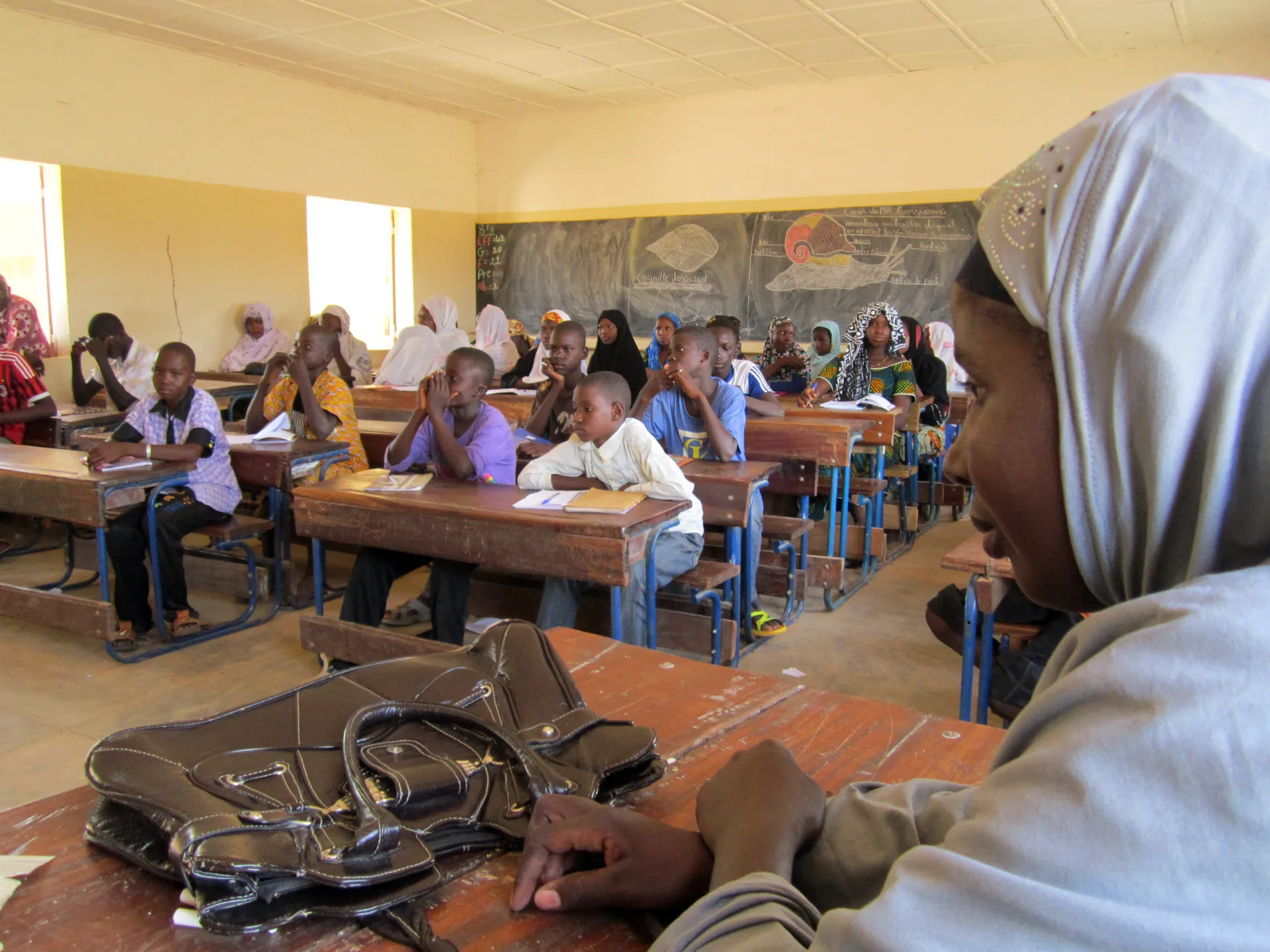Copyright forbes

In a nationwide survey, more than half of Gen Z students said they didn’t have enough information to choose the best path after high school. For business and community leaders, statistics like this are cause for concern. If our future workforce lacks direction and training in relevant skills, how can our economy thrive? At American Student Assistance (ASA), we’re a firm believer in preparing young people for future success by providing access to real-world experiences for teens, giving them the opportunity to discover, test and try careers that match their strengths and interests, and build valuable durable and technical skills that employers value. To this end, ASA’s award-winning, free career experimentation and skill-building digital experience, EvolveMe, was built to meet kids where they are (on their mobile devices), engage them with a gamified environment, and provide the information they need to make informed, confident decisions about what comes next after high school. EvolveMe is now an award-winning platform with more than two million teen users. They earn redeemable points by completing career readiness tasks developed by ASA partners, innovative organizations who are using technology to prepare young people for future success. Here are several examples of how technology is changing the way kids learn about careers and setting them on a path towards success. An AI-powered survey that maps interests to careers To help students figure out where to begin, GoEducate created an AI-powered tool called GoSurvey. It asks kids a series of questions about their interests, skills, and preferences, and analyzes their responses using an advanced AI algorithm to provide personalized career recommendations from its database of over 88K occupations. Students can use this information as a starting point for career exploration and discussions with school counselors, teachers, and parents. In 2025 nearly 5,000 students engaged with the survey on EvolveMe. Its 72% end-to-end completion rate demonstrates how eager teens are to discover career options that are a good fit for them. MORE FOR YOU A gamified environment to explore high-demand careers Life Sciences, Healthcare, and Cybersecurity/IT are some of the fastest growing career sectors, but many jobs in these fields are under-promoted in our nation’s schools. To solve this problem, skillsgapp created a series of games, including Rad Lab, to introduce kids to jobs they may not have known existed. Rad Lab engages teens with games in immersive life science environments like Lab & R+D, Manufacturing & Production, and Logistics & Distribution, that teach them about these careers and their pathways. Since it launched on EvolveMe, 40K students have used skillsgapp games. Rad Lab has increased job awareness among players with 75% of teens expressing interest in a life science career. An immersive experience that enables teens to virtually tour workplaces With the immersive platform, Worktour, provides, young people can picture themselves in high-demand jobs that they may not have even known existed, shadow an employee, and learn about career pathways and the skills required to pursue them. The platform gives students 360-degree virtual workplace experiences along with interactive games and tools to help them learn career-based vocabularies and critical concepts without the need for costly virtual reality (VR) equipment. Since joining ASA’s EvolveMe platform, thousands of students have completed a 30-minute task on Worktour. Once teens begin the Worktour experience, their completion rate is over 65 percent, which is exceptionally high. Moreover, through the Worktour activity, EvolveMe users have been introduced to more than 20,000 high-demand, future-proof careers. Authentic content from professionals who resemble students Some students, especially those from traditionally underrepresented communities, find it difficult to picture themselves in high-demand professions because they haven’t seen family members or friends succeed in these career fields. STEAM the Streets tackles this challenge by producing and providing content featuring BIPOC professionals in high-growth careers like UI/UX Design, Marine Ecology, and Video Game Design. Authentic video interviews include information about daily responsibilities, salaries, and career paths. The result? To date 55K students in 43 states have accessed the content on EvolveMe, opening their eyes to career possibilities. Immersive experiences that build durable skills Durable skills like emotional intelligence (EQ), adaptability, and communication are essential for professional success, yet they are rarely included in most schools’ core academic curriculum. Organizations like Emotional Theater were founded to fill this void. It combines theater, movement, art, and storytelling in an immersive, virtual environment to help teens develop their EQ. For example, kids can learn EQ skills by participating in a dance or drawing challenge while wearing Augmented Reality costumes. Meeting students where they are, online and within community-drive gatherings like these are working: to date, 71,000 students aged 13-19 have participated in an Emotional Theater task through EvolveMe. A tool that builds resumes from conversations Creating a resume can be a daunting task, especially for teens who don’t have prior work experience. Get Schooled harnesses AI to help. Their Resume Builder includes an AI-powered conversational tool that creates a resume highlighting the skills employers look for in less than 15 minutes. Students can communicate with the tool in six different languages and include the job title/description they are applying to so their resume is tailored to the opportunity. Best of all, the tool is free to students on EvolveMe. The examples listed above provide just a glimpse of how technology is preparing young people for future success. Working together as part of the community of caring adults who support our youth, we must continue to empower them with the information and experiences they need to make informed, confident decisions about their postsecondary education and career pathways. Editorial StandardsReprints & Permissions



